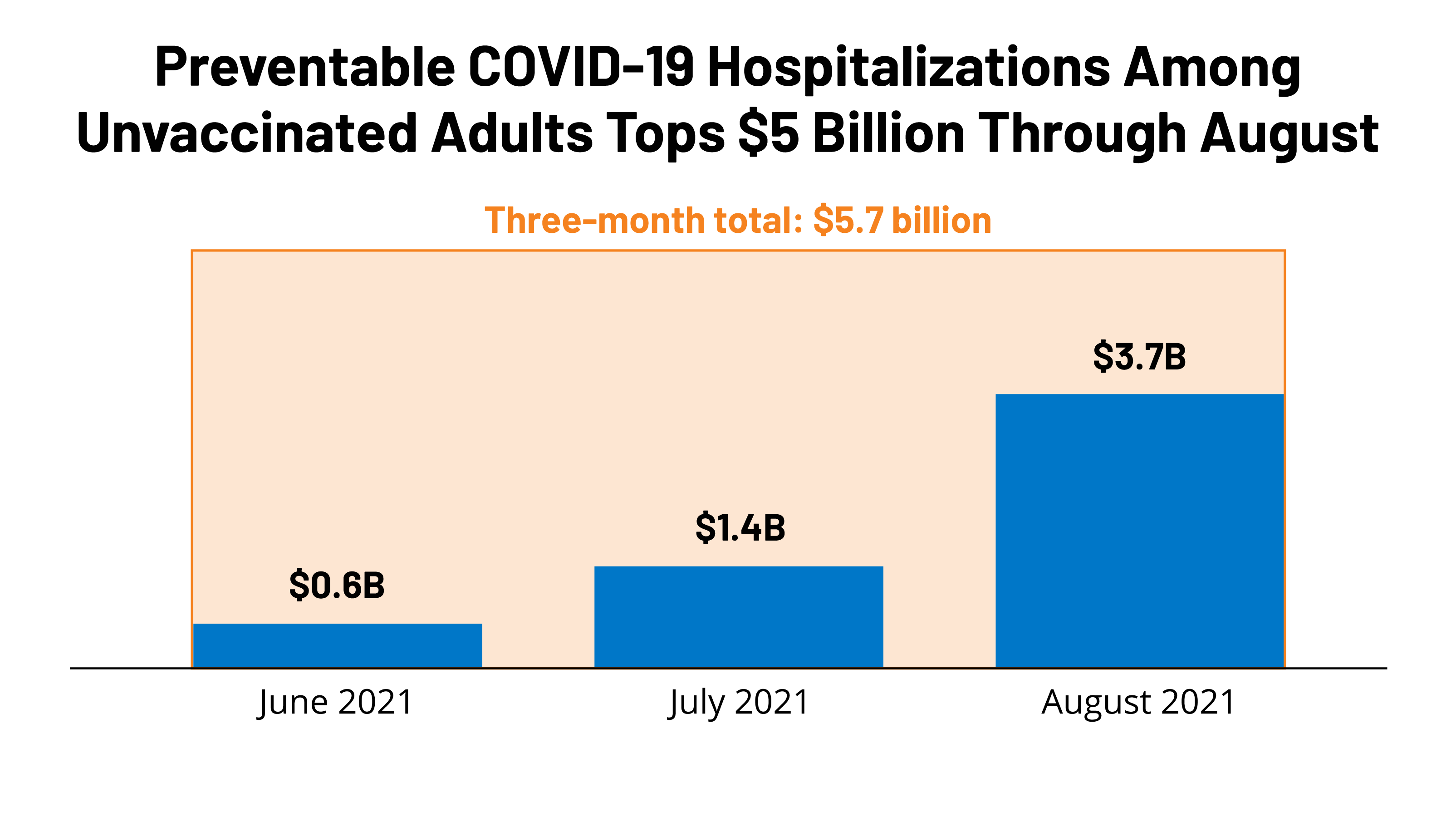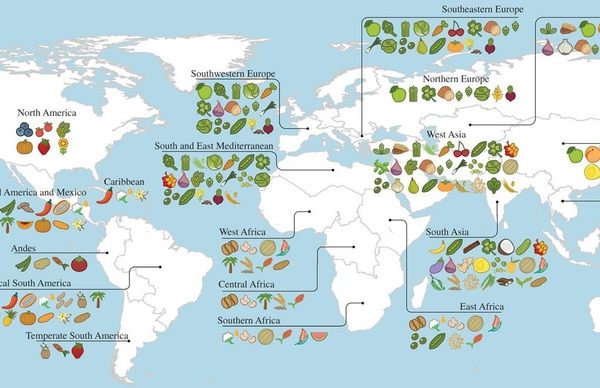
Bombshell Report Finds Phone Network Encryption Was Deliberately Weakened
A weakness in the algorithm used to encrypt cellphone data in the 1990s and 2000s allowed hackers to spy on some internet traffic, according to a new research paper .
The paper has sent shockwaves through the encryption community because of what it implies: The researchers believe that the mathematical probability of the weakness being introduced on accident is extremely low. Thus, they speculate that a weakness was intentionally put into the algorithm. After the paper was published, the group that designed the algorithm confirmed this was the case.
Researchers from several universities in Europe found that the encryption algorithm GEA-1, which was used in cellphones when the industry adopted GPRS standards in 2G networks, was intentionally designed to include a weakness that at least one cryptography expert sees as a backdoor. The researchers said they obtained two encryption algorithms, GEA-1 and GEA-2, which are proprietary and thus not public, "from a source." They then analyzed them and realized they were vulnerable to attacks that allowed for decryption of all traffic.
When trying to reverse-engineer the algorithm, the researchers wrote that (to simplify), they tried to design a similar encryption algorithm using a random number generator often used in cryptography and never came close to creating an encryption scheme as weak as the one actually used: "In a million tries we never even got close to such a weak instance," they wrote. "This implies that the weakness in GEA-1 is unlikely to occur by chance, indicating that the security level of 40 bits is due to export regulations."




















